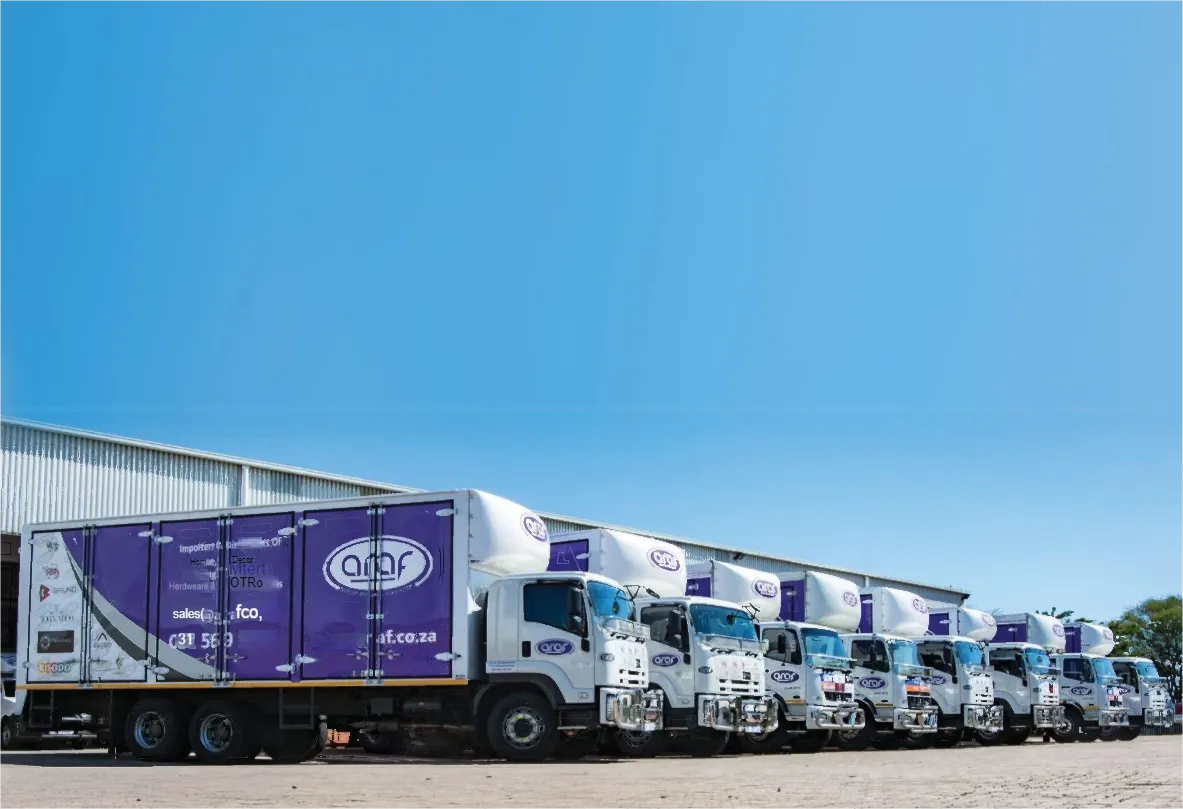11 月 . 02, 2024 09:59 Back to list
galvanized iron wire
The Versatility and Applications of Galvanized Iron Wire
Galvanized iron wire, a material renowned for its durability and resistance to corrosion, plays a pivotal role in various industries and applications. This wire is produced by coating iron or steel with a layer of zinc, which serves as a protective barrier against environmental elements, preventing rust and extending the wire's lifespan. In this article, we will explore the characteristics, manufacturing process, and diverse applications of galvanized iron wire.
Characteristics of Galvanized Iron Wire
One of the key attributes of galvanized iron wire is its strength. The underlying iron or steel provides high tensile strength, making it suitable for heavy-duty applications. The galvanized coating not only protects against corrosion but also adds a degree of flexibility, allowing the wire to bend without breaking. Additionally, the shiny, metallic finish of galvanized wire gives it an aesthetically pleasing appearance, which is often favored in decorative applications.
Another significant benefit of galvanized wire is its cost-effectiveness. Compared to stainless steel and other alloys, galvanized iron wire typically comes at a lower price point while providing adequate performance for many uses. Its low maintenance requirements further enhance its economic appeal, making it a preferred choice for long-term projects.
Manufacturing Process
The production of galvanized iron wire involves several key steps. First, the raw iron or steel wire is drawn to the desired gauge or thickness. After the drawing process, the wire is cleaned to remove any rust, grease, or other contaminants that could impede the adhesion of the zinc coating.
galvanized iron wire

The next step is the galvanizing process, which can be carried out through various methods, including hot-dip galvanizing and electro-galvanizing. In hot-dip galvanizing, the clean wire is immersed in molten zinc, allowing the zinc to bond with the iron or steel. This process creates a thick coating that provides superior corrosion resistance. On the other hand, electro-galvanizing involves applying a thin layer of zinc through electroplating, resulting in a smoother finish but with potentially less corrosion resistance than hot-dip galvanizing.
Applications of Galvanized Iron Wire
Galvanized iron wire has a wide array of applications across different sectors. In construction, it is commonly used for reinforcing concrete, fencing, and barbed wire production. Its strong and durable nature makes it ideal for structural support, while the galvanized finish ensures resilience against the elements.
In agriculture, galvanized wire is extensively used for fencing livestock and creating trellises for climbing plants. The corrosion-resistant properties of the wire help maintain its integrity in outdoor environments, ensuring effective barriers and support systems.
Additionally, galvanized iron wire finds applications in manufacturing, including the production of wire meshes, hangers, and storage racks. The versatility of the wire allows it to be easily manipulated into various forms, catering to the specific needs of each industry.
Conclusion
In summary, galvanized iron wire is a remarkable material with a wide range of characteristics that make it suitable for countless applications. Its strength, corrosion resistance, and cost-effectiveness position it as an essential component in construction, agriculture, and manufacturing. As industries continue to evolve, the demand for galvanized iron wire is likely to grow, solidifying its role as a fundamental resource in building the infrastructure of tomorrow.
-
Secure Your Roof with Quality Roofing Nails
NewsNov.04,2024
-
Secure Your Property with Quality Field Fencing
NewsNov.04,2024
-
Enhance Your Space with Quality Mesh Fencing
NewsNov.04,2024
-
Discover the Versatility of Iron Wire for Your Projects
NewsNov.04,2024
-
Discover the Versatility of Common Nails for Your Projects
NewsNov.04,2024
-
Discover Quality Hydraulic Fittings for Your Applications
NewsNov.04,2024









